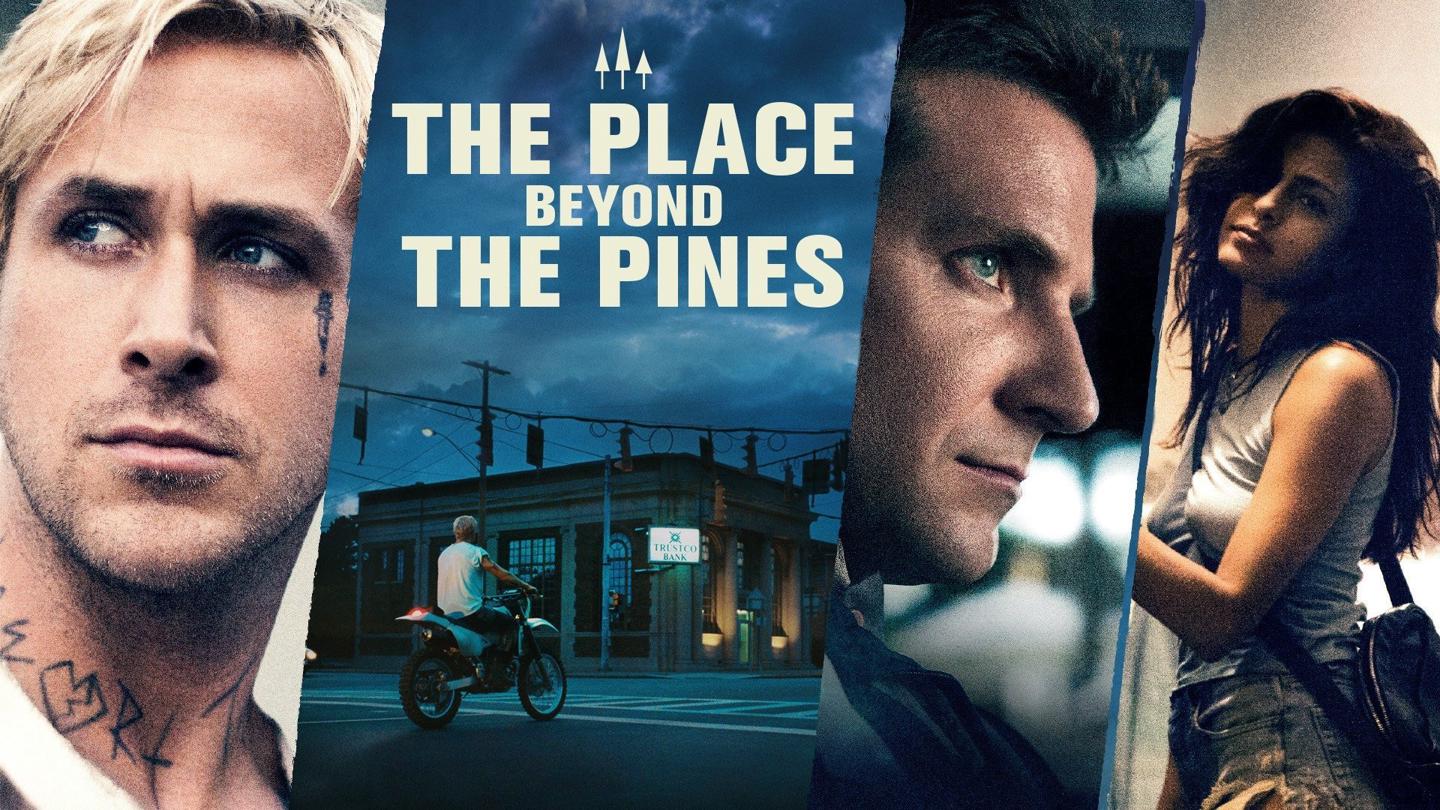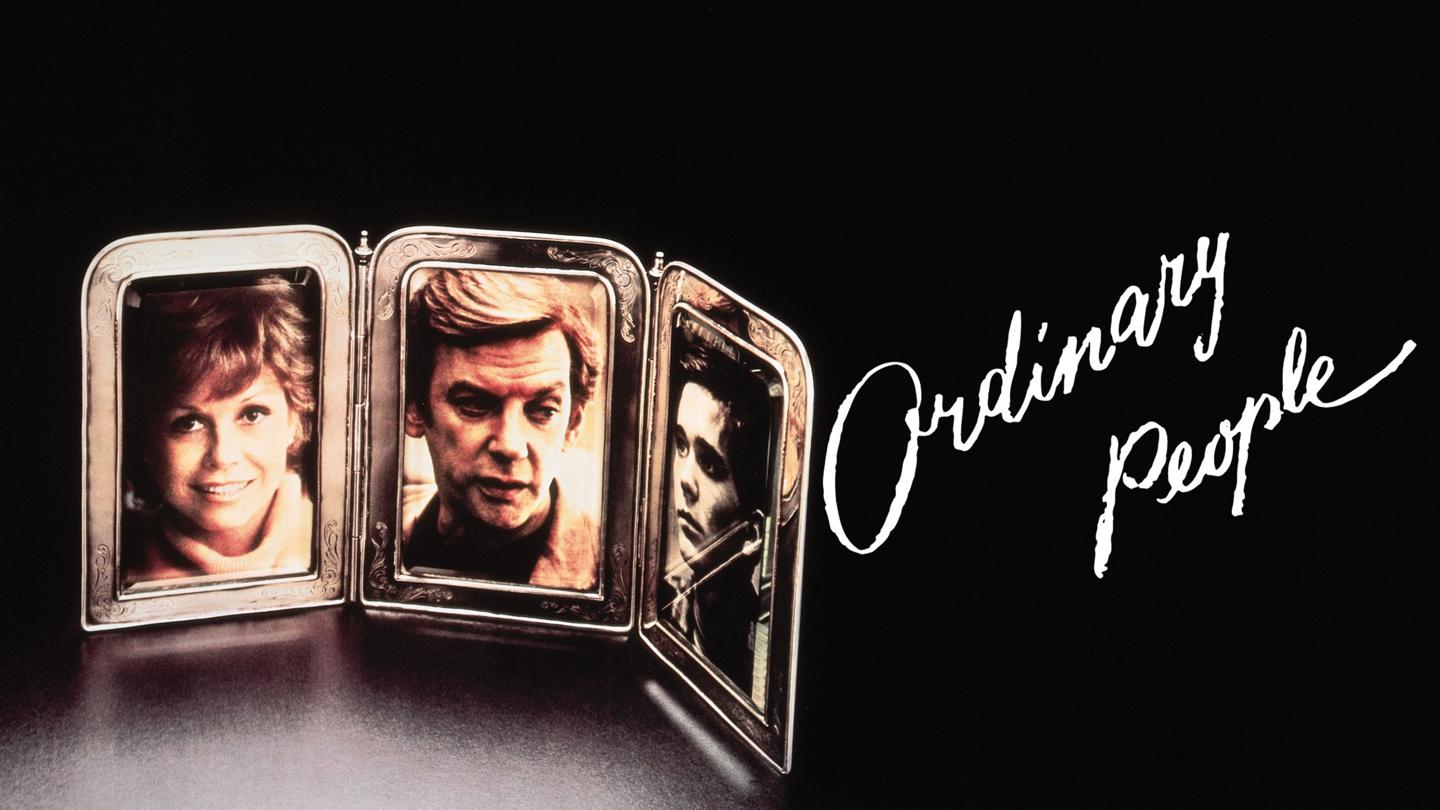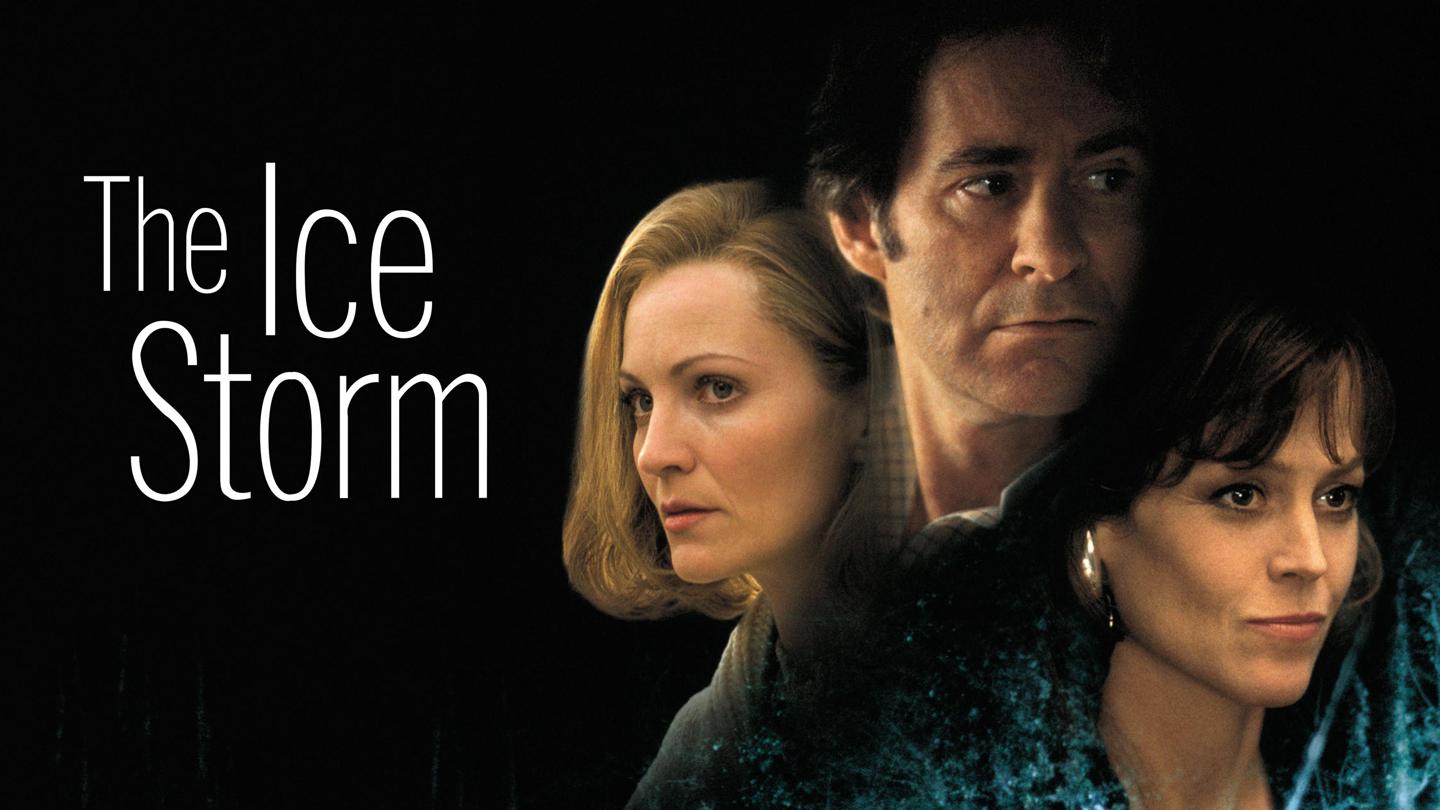The Place Beyond the Pines

Quick Info
The Place Beyond the Pines is the sort of drama that sticks with you, not just because of its ambitious narrative or brooding atmosphere, but because it is genuinely trying to dig a little deeper into fathers, sons, and the cycles we get trapped in. Released in 2012, it’s not exactly a household name, but among movie nerds, it’s a solid recommendation for when you want something meatier than your standard crime drama. The film is basically split into three interconnected parts, each focusing on a different character, and it’s the kind of structure that could have been a disaster, but here, it mostly works.
Ryan Gosling sets the tone right out of the gate. He plays Luke, a stunt motorcycle rider with a face full of tattoos and a talent for quiet menace. From the start, Gosling is magnetic. His dialogue barely fills half a page, but every look and mannerism feels loaded. When he discovers he has a son he never knew about, the film pivots into this gritty, desperate portrait of a man trying to do the right thing by doing all the wrong things. The way Gosling’s performance undercuts all the tough-guy posturing with vulnerability is what keeps the first third from just feeling like Drive v2, but with more bank robberies and forest roads.
Then the focus jumps to Avery, played by Bradley Cooper, and the movie almost becomes a different film for a bit. Cooper is quietly excellent, playing a rookie cop navigating this minefield of corruption in his department, plus the tension with his own family. He’s clean-cut and smart, but the film never lets him off the hook for the choices he makes. I remember being surprised by how tense all these scenes were, especially the shootout early on. You can really feel how director Derek Cianfrance is pushing his actors to dig into so much regret and moral ambiguity.
The cinematography is the other star here. There’s this almost dreamy haze over the whole movie — lots of tall pines, muted colors, and that upstate New York melancholy. The camera rarely sits still, giving chase scenes and even simple conversations this nervous energy. Sean Bobbitt, who shot Shame, brings that same intimacy and grit. The opening long take, following Gosling through a grimy fairground, is pretty breathtaking and honestly better than most action scenes with three times the budget.
But the movie isn’t perfect. The ambition sometimes outweighs the execution, especially in the third act when the timeline jumps forward by fifteen years. Suddenly, we’re watching the sons of the two main characters, and things lose a bit of the emotional punch found earlier. While Dane DeHaan and Emory Cohen bring plenty of energy, their arcs feel mildly rushed and, at times, a little forced — like the script is working overtime to tie everything up in a neat-ish bow.
What absolutely works, though, is the sense of consequence. The Place Beyond the Pines doesn’t let characters off easy, and even when the pacing drags, you’re invested in the fallout. The movie lingers on what happens when people live with the aftermath of a single bad day. Eva Mendes is terrific as Romina, quietly devastating in all her scenes, and honestly, she deserved more of the spotlight. Something about her restraint makes her brief appearances hit harder than some entire movies built around similar characters.
The tone here is heavy, fairly bleak, and it’s not afraid to take its time. There are definitely stretches that could have been trimmed, but it never devolves into melodrama. There’s an authenticity to how the film deals with guilt and legacy. It reminded me a bit of Eastern Promises in how it presents that intersection of family and crime, except with more Americana and less violence up front.
The Place Beyond the Pines isn’t flawless. Some viewers will call the last act messy or uneven, and I won’t argue. But it’s a rare modern drama that feels just as invested in its silences as its explosions. If you like grounded, atmospheric films that actually care about character and consequence, this one is worth a night. You might even find yourself thinking about your own family history — not every movie has that kind of sting.
The R8 Take
If you liked Blue Valentine or wondered what a crime epic would look like as a quiet family drama, give this a shot. You’ll feel the weight long after the credits roll.



